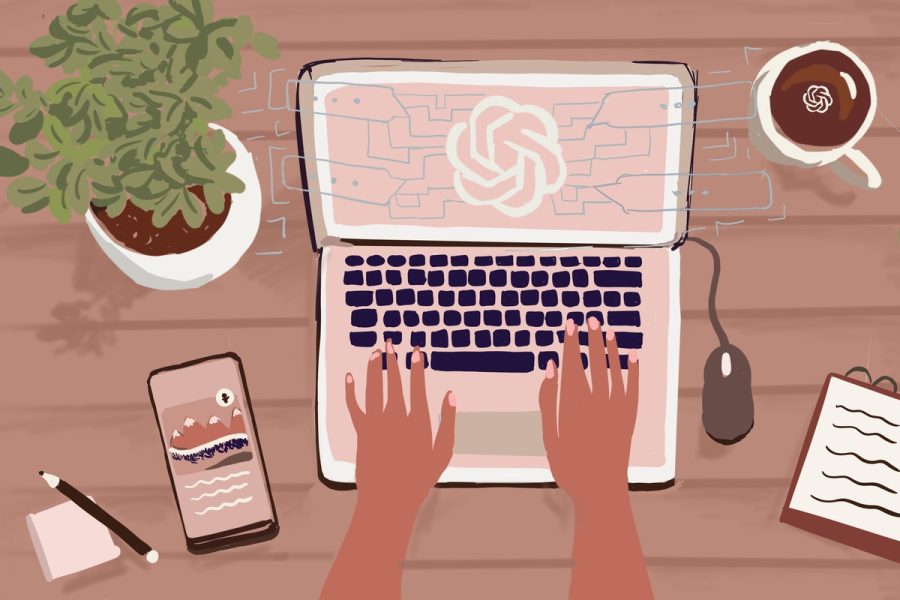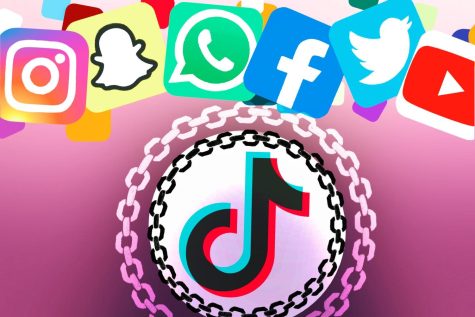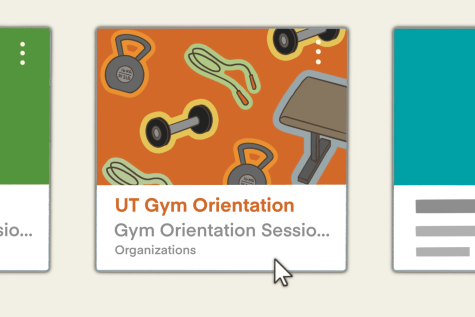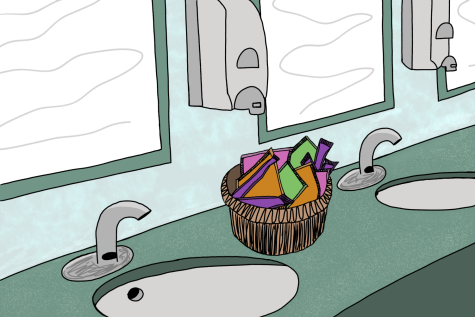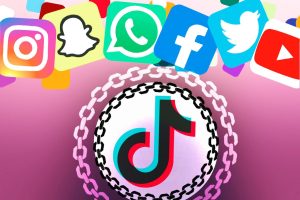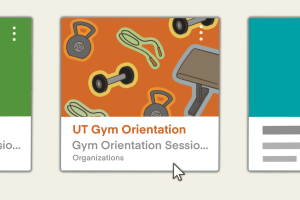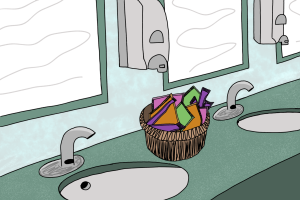Reconsider ChatGPT for academic use
February 16, 2023
Over the past decade, new technologies have emerged that help students improve the quality of their work and make their academic lives easier. Tools like Google Scholar, citation generators and online grammar checkers have all been embraced by the academic community as valuable resources meant to streamline research and writing tasks.
Despite initial concerns about the new age of cheating and plagiarism, innovations like Grammarly have been widely adopted because they save time and effort for students and scholars. Now, the next step of innovation, ChatGPT, is here.
Students should use ChatGPT as an academic resource to aid rather than supplement their assignments.
ChatGPT is a chatbot launched by OpenAI in Nov. 2022. This chatbot has multiple features, but its primary functions are to simplify internet searches, produce writing and messages and compose code. ChatGPT isn’t a search engine; rather, it’s a database of information programmed to understand conversational language in a way that regular search engines cannot. The chatbot is capable of giving summarized responses in a surprisingly human manner.
This advanced chatbot is a student’s dream. Mechanical engineering freshman Simon Gross discussed how he has benefited from using ChatGPT, but also provided insight into certain ethical considerations around ChatGPT.
“I think the main, best ethical use of ChatGPT is for generating ideas,” Gross said. “I think other ways that it’s pretty useful is you could say, create a template for an email … you’re not asking it to write the email. You’re asking it to help you write the email.”
Moreover, ChatGPT is programmed to respond to 95 natural languages and a variety of coding languages, so students learning new languages can practice their conversational skills. Students can simply enter questions or phrases in their chosen language, and the chatbot will provide both a response and its translation.
However, ChatGPT still has its limitations, warns Dr. Raymond Mooney, a professor of computer science.
“It can sort of make up facts that aren’t really grounded in (reality),” Mooney said. “Just be skeptical … review what it’s saying yourself. Don’t just accept literally what it’s saying (because) these models can so-called hallucinate.”
Students agree with the notion that balance is necessary between using ChatGPT and coming up with their own work.
“You attend college for a reason, and it’s not just to complete your assignments,” Gross said. “If you’re getting ChatGPT to write your essays and emails for you, you’re not becoming a better student. While ChatGPT might be able to do a lot of things for you, it’s still important to learn how to do those things for yourself.”
Just like any other academic resource, ChatGPT clearly has its constraints. Considering ChatGPT’s extensive database, it’s difficult for AI technology to discern what’s applicable. When the chatbot provides students with information and resources, which may be faulty, students must evaluate it critically.
This can be achieved by using secondary sources to confirm the information’s accuracy. Rather than serving as a replacement for hard work, ChatGPT should be utilized as a creative tool to help students produce their best work.
Technology will continue to innovate and change the way students learn. It’s natural to be apprehensive of these technologies, but so long as they are regulated, they have the potential to create new, unexplored opportunities for academic efficiency at UT. ChatGPT is just a glimpse of the world to come. Students should be encouraged to take advantage of it on the basis that they conjunctively uphold their academic integrity.
Chaudhuri is a Plan II and Economics freshman from Coppell, Texas.

